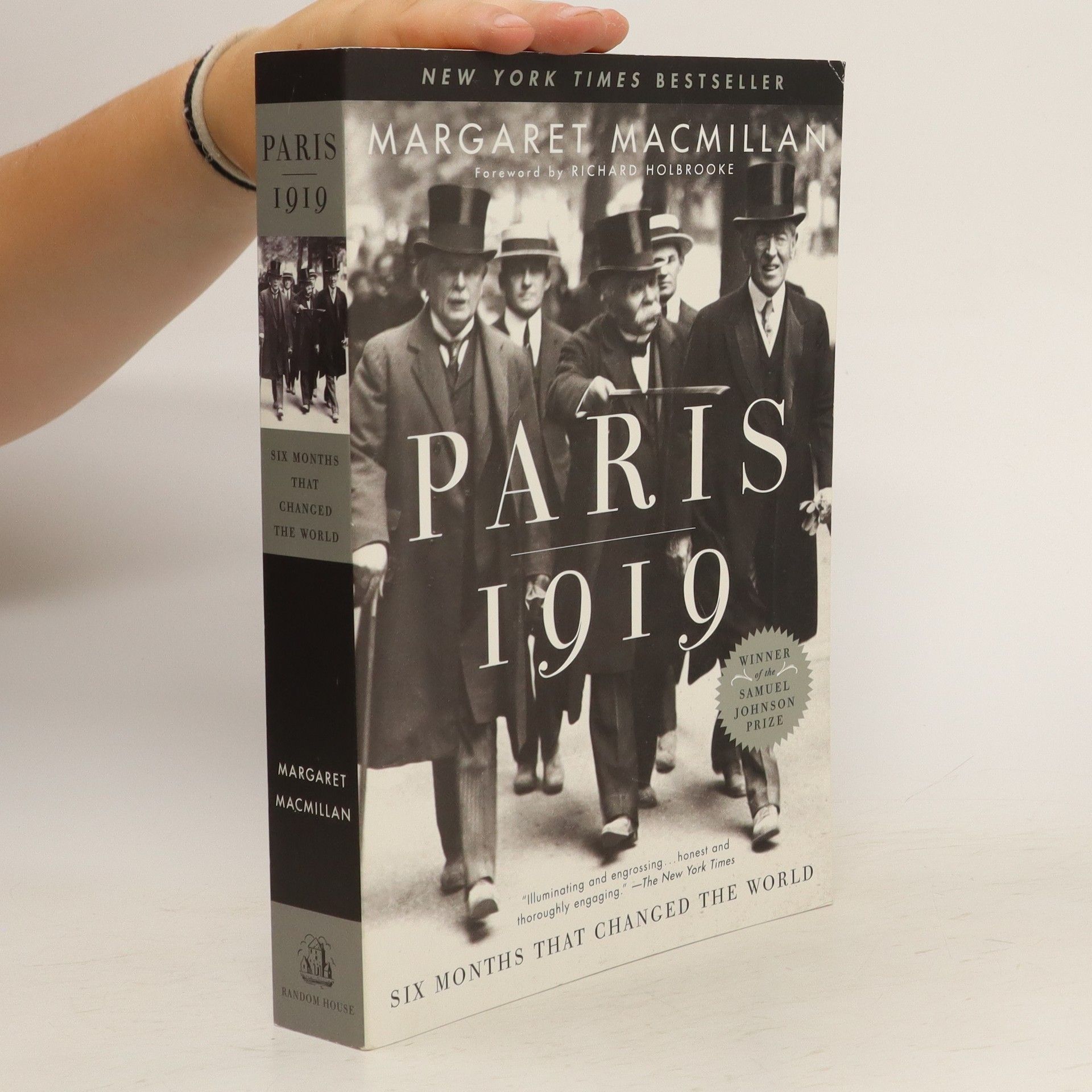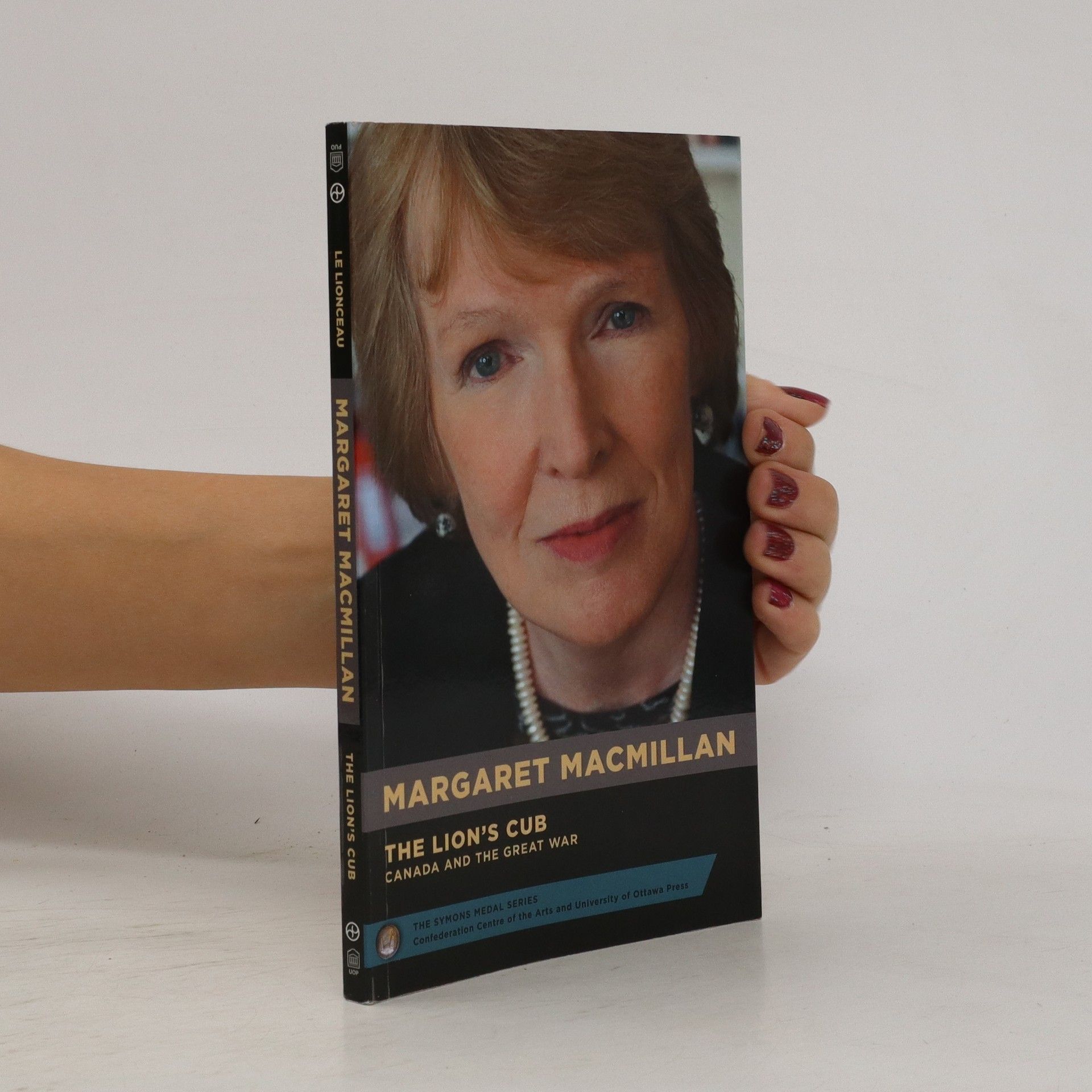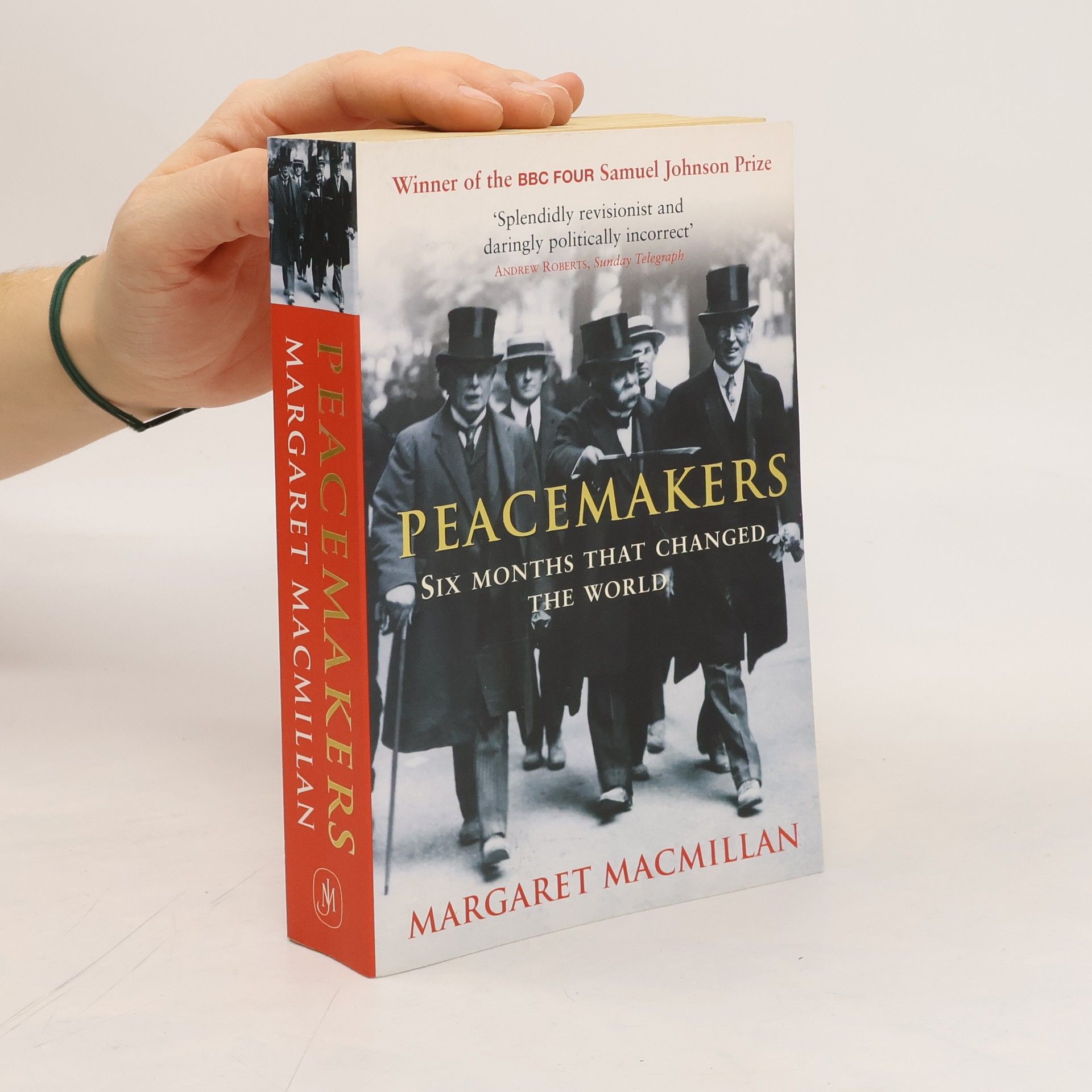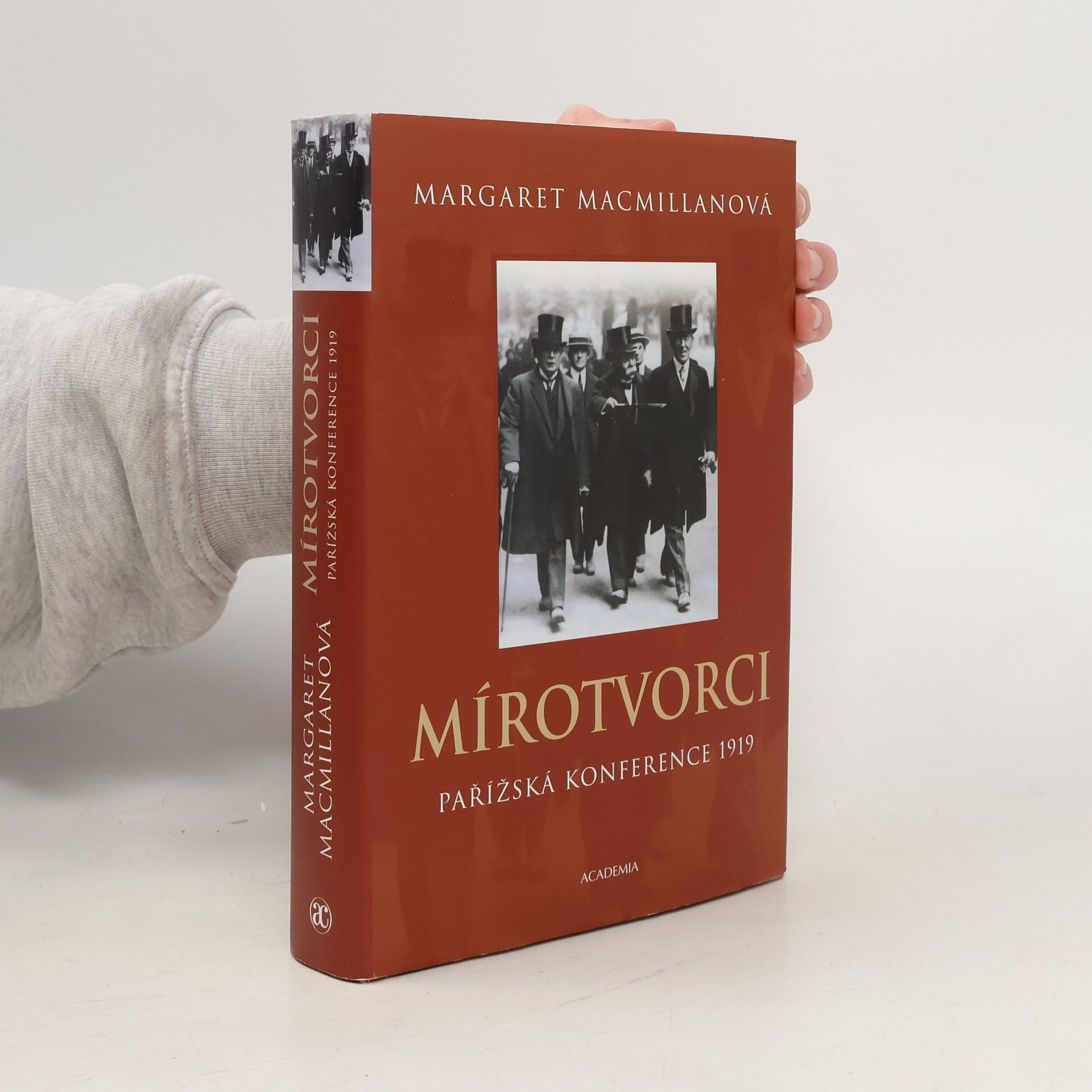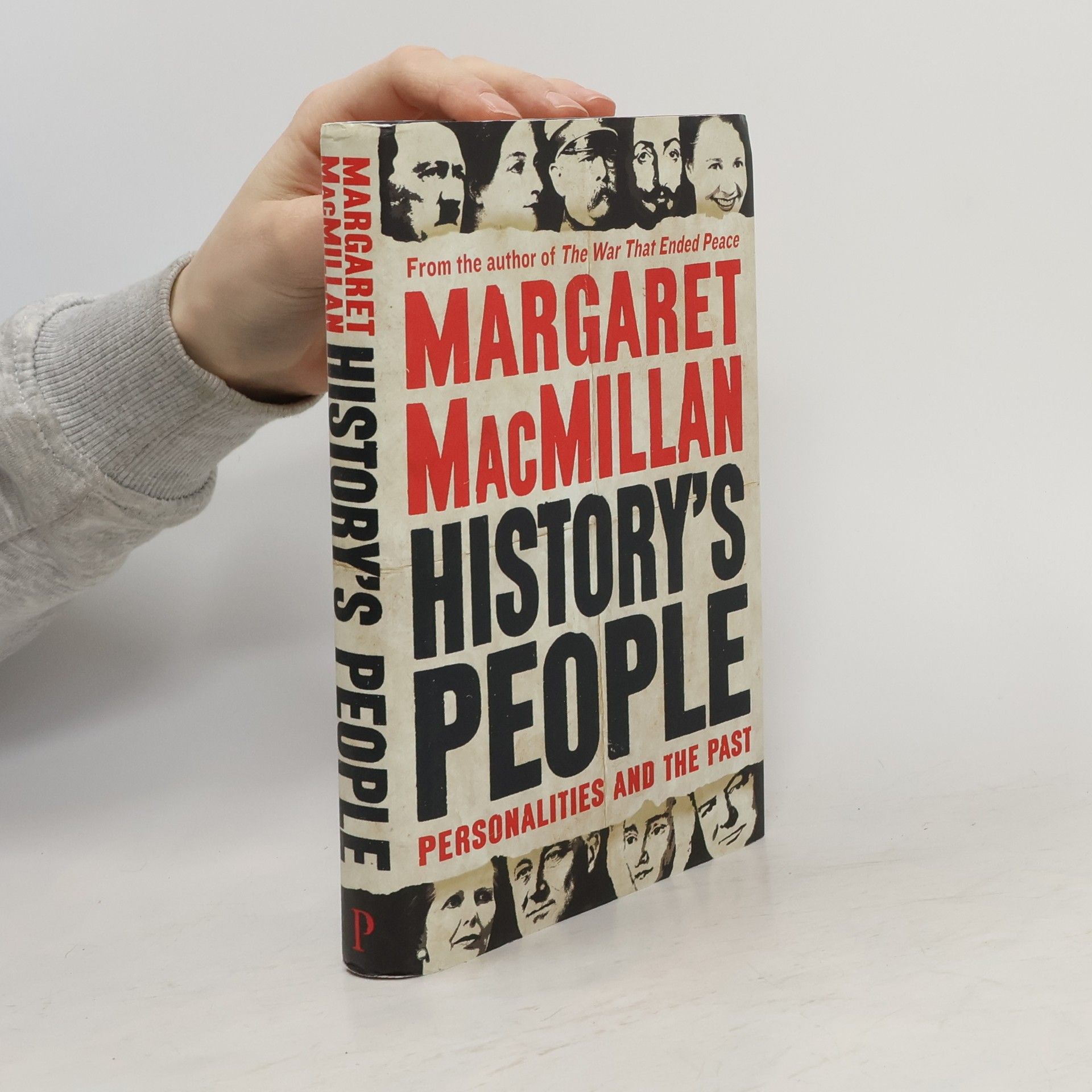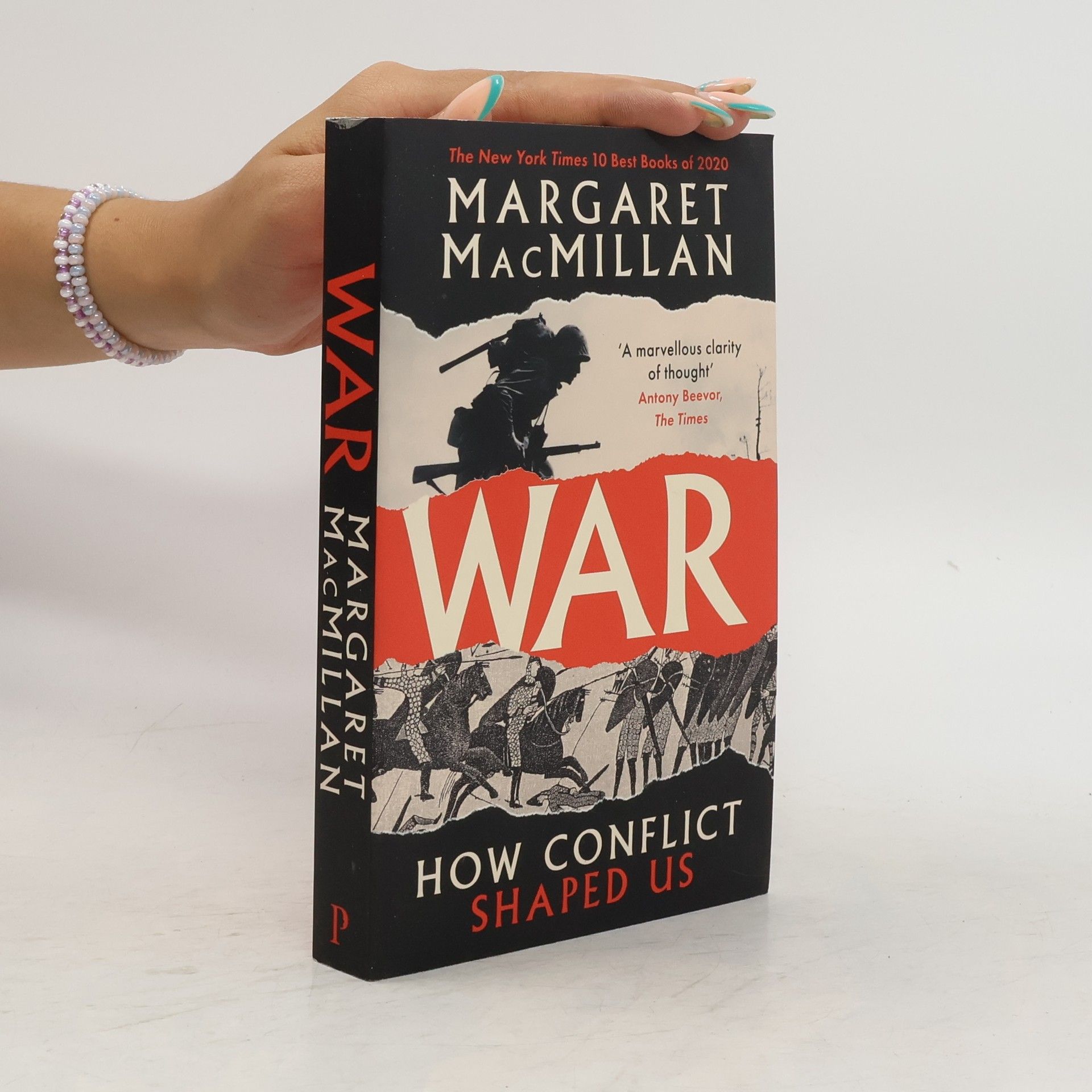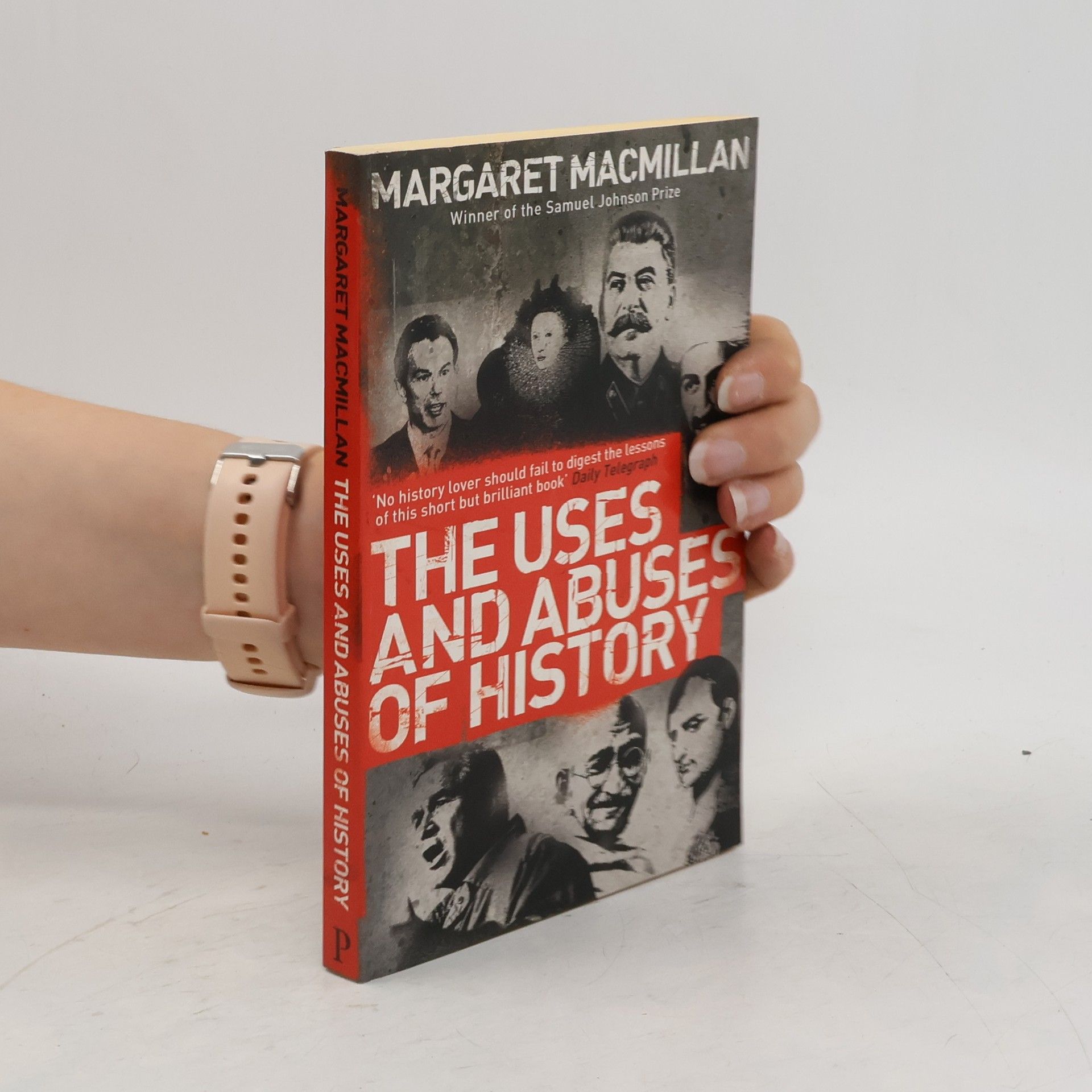Mírotvorci. Pařížská konference 1919
- 551 stránek
- 20 hodin čtení
Pohled britské historičky Margaret MacMillanové na pařížskou mírovou konferenci (1919), jež zásadně proměnila do té doby existující svět, je nejen nový a překvapivý, ale v mnoha ohledech také šokující. Způsob, jakým dokumentuje pohnutky, úvahy a činy „mírotvorců“ -- tedy mužů, kteří sami vzali osud světa do vlastních rukou a v nejlepší víře ve své počínání pak bezděky přivedli svět k další světové válce --, bohatství pramenů a snaha vysvětlit dopodrobna kroky politiků a důvody pro vznik nových států i jejich touhy po sebeurčení přinesly autorce mimořádný čtenářský ohlas (kniha vyšla ve Velké Británii v pěti vydáních v rozmezí tří let!) a získala také dvě britská prestižní ocenění za nejlepší díla z oblasti historie. Práce Margaret MacMillanové je nepochybně zcela ojedinělá a pro každého, kdo se zajímá o historii, nepostradatelná.... celý text

